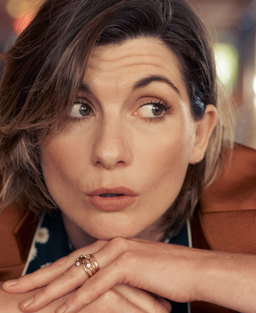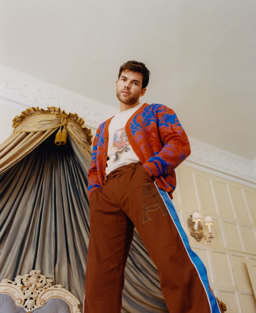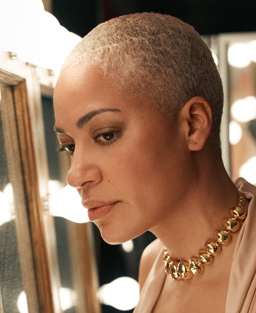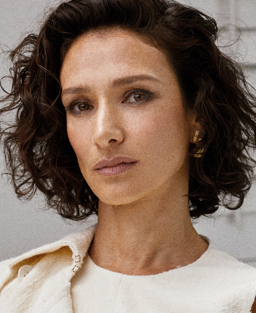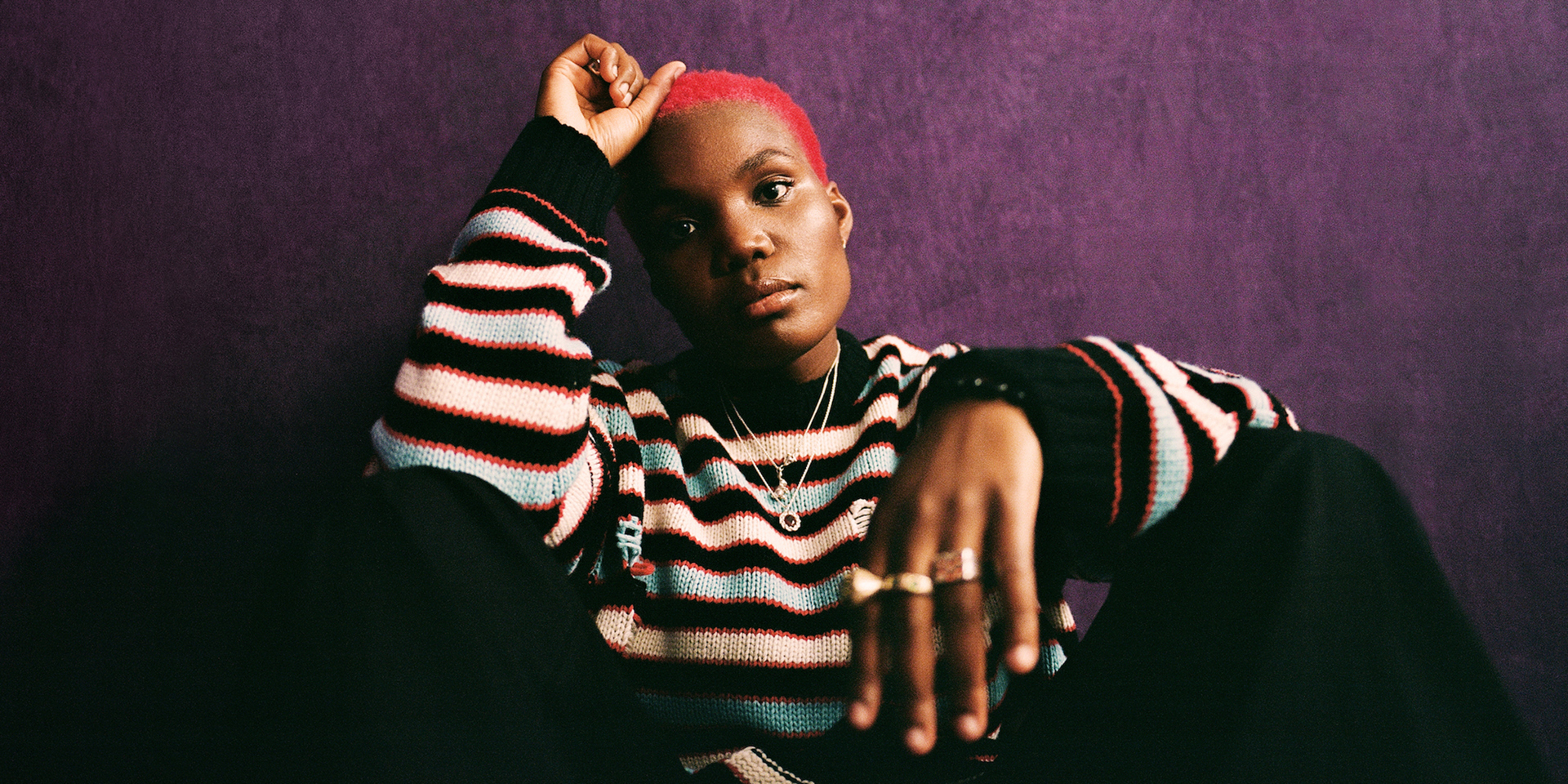

Singer-songwriter Arlo Parks on touring rituals and balmy Barcelona nights
High Life speaks to Arlo Parks about embracing insomnia, sparking nostalgia through lyrics, and her upcoming set at Primavera Sound Barcelona
Words: Thomas Hobbs
Originally published on 01/05/2023
Many see Arlo Parks as one of British music’s brightest hopes. Raised in Hammersmith, London, the Mercury Prize-winning singer-songwriter has syrupy yet cutting stream-of-consciousness vocals and an innate ability to create paranoid, soul-inflected soundscapes that nail the angst underpinning Gen Z. It’s won her a loyal fan base, which sees her more as a therapist than a pop star. To paraphrase one Parks song, she’s the one who “makes rainbows out of something painful”.
But whereas Parks’ earlier music had a habit of leaning towards sadness (something she attributes to a teenage fascination with the sombre yet open-hearted songs of the late alternative artist Elliott Smith), new albumMy Soft Machineis about being cleansed by love.
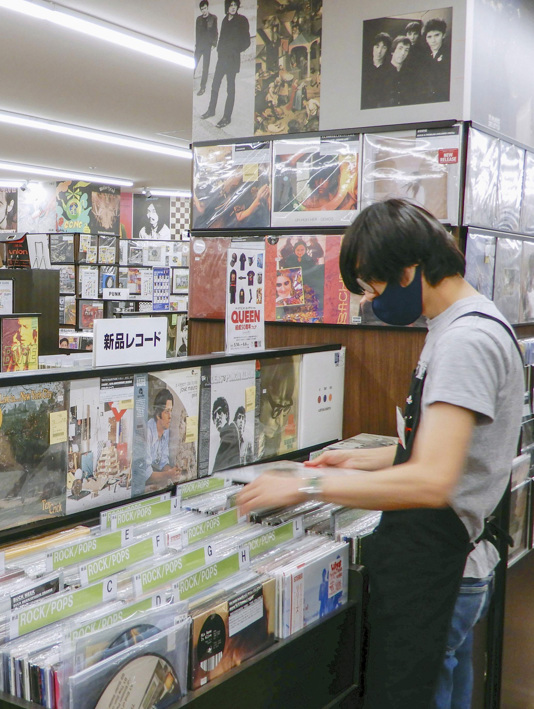
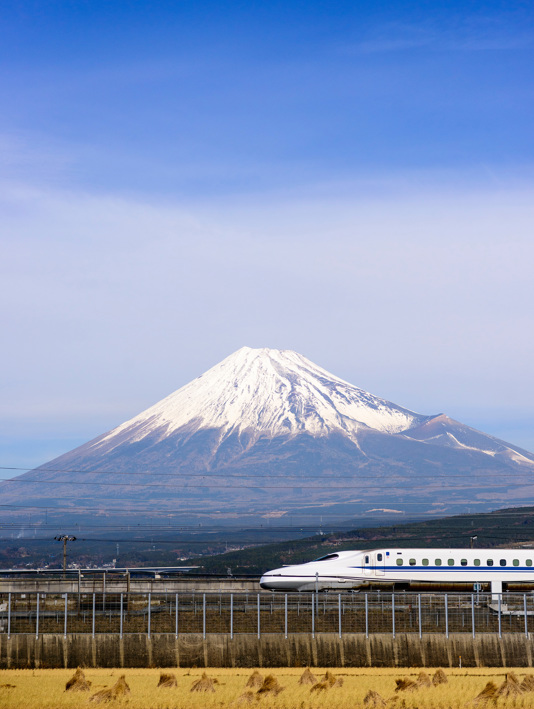
Record shopping in Tokyo (Getty); the bullet train passes Mount Fuji (Adobe Stock). Opening image: Arlo Parks (Alexandra Waespi). Below: Parks performs in Austin, Texas (Getty)
It results in a warmer sound, which Parks hopes will galvanise people at a time where the news cycle seems only to be getting darker. Describing the new record as “my love album”, the 22–year-old explains: “The hope is always to help people. Music has the power to do that.” Catch her set at Barcelona’s Primavera Sound festival, running from 29 May to 4 June.
You write a lot of your songs at night, which gives them this nocturnal funk. How does being a bit of an insomniac feed into your creative process?
Night is where I feel most comfortable. The quiet of the night and opening a window and just hearing the cars going past and not doing much else creates a very particular type of stillness. It just gives me space to think. I am more productive in moments where there is that spaciousness and no distractions. I guess I always felt more comfortable under the cover of darkness.

Sometimes you hear British pop singers who sing in American accents, but I like that you’ve never hidden your cockney leanings or tried to pronounce your Ts.
It is about being natural. My favourite artists are the ones who have created their own world and let you come inside it for three minutes. They let you see where they’ve come from, share the stories that are important to them and let you hear their natural voice, which creates an intimacy.
Historically, female songwriters who share their heartbreak or pain through song tend to get treated badly by the media. Have you ever feared that?
In general, I have been embraced for my vulnerability. As you say, unfortunately in the past people have been torn apart for it! But even when you think about those writers, like Nina Simone or Amy Winehouse, the volume of people who have connected to, or sometimes even been saved, by their vulnerability is well beyond the few people who felt like they had the right to tear those women apart.
“My favourite artists are the ones who have created their own world and let you come inside it for three minutes”
Sometimes there are really specific details in your lyrics, like when you sing about the coldness of your cheek hitting a tile while ‘spiralling’ in a club bathroom on ‘Portra 400’.
I approach my songs scene by scene. That is the reason why I use so much sensory language. It’s not just about how I feel, but how the light is hitting the trees or how many times a person blinks. That sense of detail really adds extra dimensions to the songs, it gives them a filmic quality. You can spark nostalgia.
The new album has more brightness than 2021’s Collapsed in Sunbeams. Are you more excited about playing this one live?
There’s certainly a sense of freshness and newness that comes with the fact I will be able to play this new record as soon as it comes out. I had to wait a long time to tour my last album because of Covid-19 and lockdown, which made it difficult to unpeel myself and return to those songs.
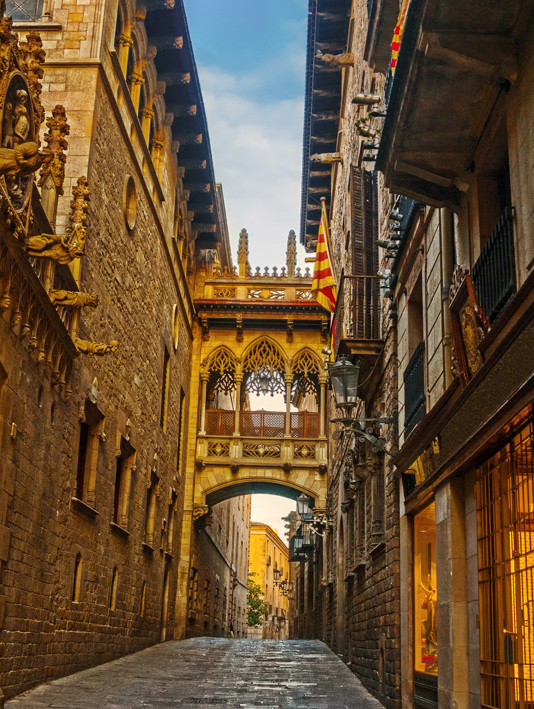
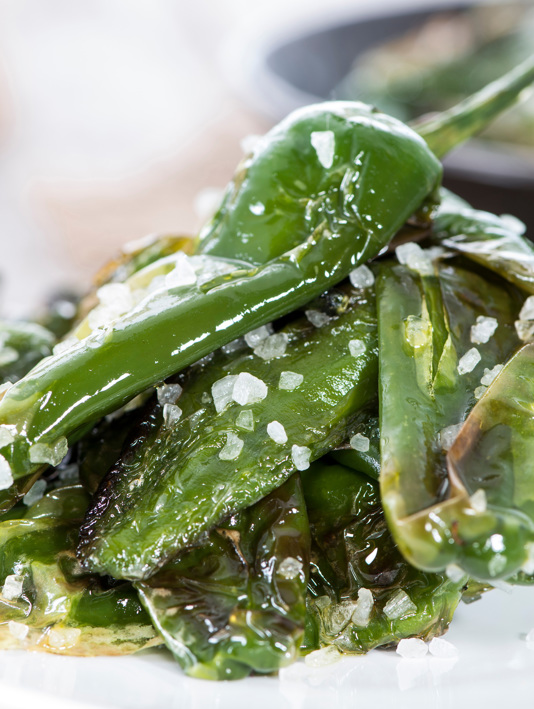
Barcelona’s old town (Adobe Stock); Padrón peppers in a Barcelona tapas bar (Adobe Stock)
The summer festival season is fast approaching. Do you have any touring rituals?
I make sure I work out every single day, drink a lot of water, and go to bed right after a show. I call someone I love every day, too. I know the things that make me feel good and enable me to give a good performance. You have to look at it kind of like an athlete and stick to them. One of my favourite places to perform has probably been Fuji Rock in Japan. I got to meet the local drag queens, experience the spa culture and take the bullet train. The record shops are amazing. The Japanese people treated me like I was playing a home show, which I will never forget.
You are playing at Primavera Sound this year in Barcelona. What do you love about that particular festival?
Primavera is always so diverse with the line-up and I love the city’s restaurant culture. Those balmy Barcelona evenings of just walking around being beautifully lost in the gothic quarter, and then sitting down somewhere for Padrón peppers.
What would success look like ten years from now?
I just want there to be many different branches to my creativity. Having the resources and time to make albums, write books, do scores for movies. I want to make lots of different things. I want to be able to make art my job for the rest of my life. That is my version of success.


